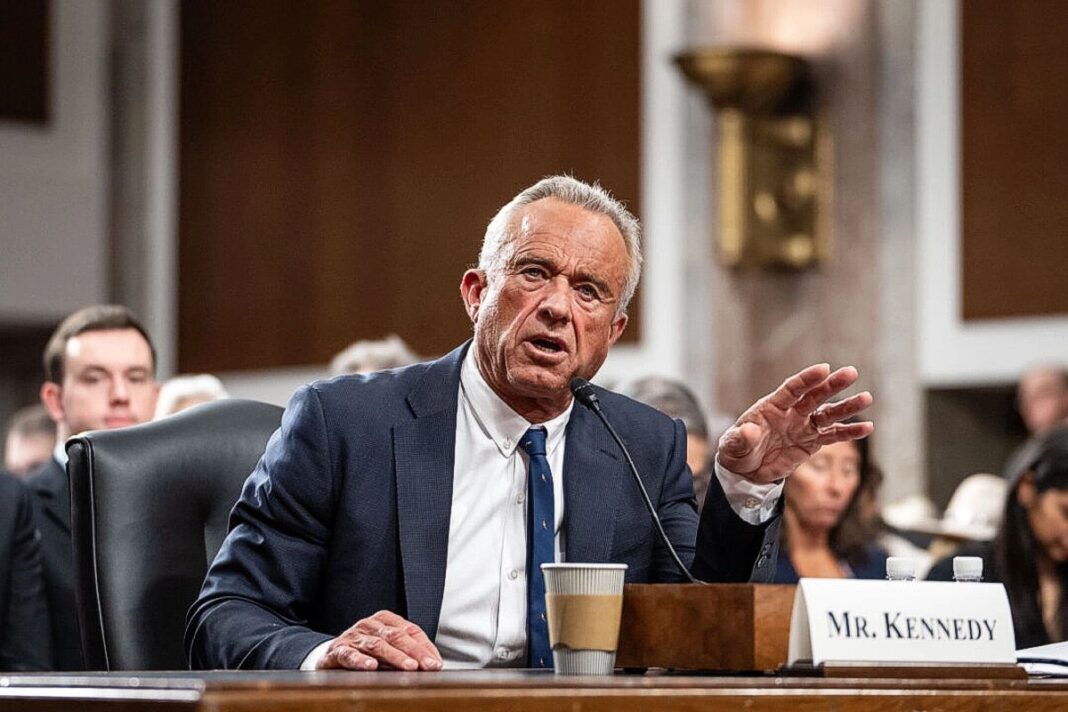The administration argued the pandemic-era grants were no longer needed while plaintiff states argued that the cuts were illegal and hurt public health.
A federal judge has granted a preliminary injunction halting the Trump administration’s plan to cut more than $11 billion in public health grants, siding with a coalition of 23 states and the District of Columbia that sued to keep the money flowing.
U.S. District Judge Mary McElroy of Rhode Island, in a 60-page ruling issued on May 16, concluded that the Department of Health and Human Services (HHS) likely violated federal law when it abruptly terminated grants supporting vaccine access, mental health programs, addiction treatment, and pandemic preparedness. McElroy found the terminations were issued without warning, adequate justification, or legal authority.
“Agencies do not have unfettered power to further a president’s agenda,” McElroy wrote. The judge said that the executive branch cannot disregard funds already appropriated by Congress. She noted the states had shown a “strong likelihood of success” in their legal claims and stood to suffer irreparable harm if the cuts were allowed to proceed.
The order extends a temporary restraining order McElroy issued on April 3 and bars HHS from enforcing or issuing new terminations to the plaintiff states while the case is fully litigated in court.
McElroy, an appointee of President Donald Trump, acknowledged the administration’s position that the COVID-19 pandemic had ended and that the grant money—originally approved during the health crisis—was no longer needed. But she found that Congress had already reviewed and preserved the funds in 2023, and that many of the grants served ongoing public health priorities well beyond the pandemic.
HHS had argued that the pandemic was over and that continuing the grants amounted to wasting “billions of taxpayer dollars responding to a non-existent pandemic that Americans moved on from years ago.”
However, the judge criticized HHS for issuing boilerplate termination notices citing the end of the pandemic as cause for canceling a wide swath of programs, without individualized review or evidence of misuse.
McElroy wrote that these programs “did much more than address COVID-related public health concerns,” pointing to funding for suicide prevention, overdose response, vaccine access in underserved communities, and preparations for emerging threats such as bird flu and measles.
By Tom Ozimek








